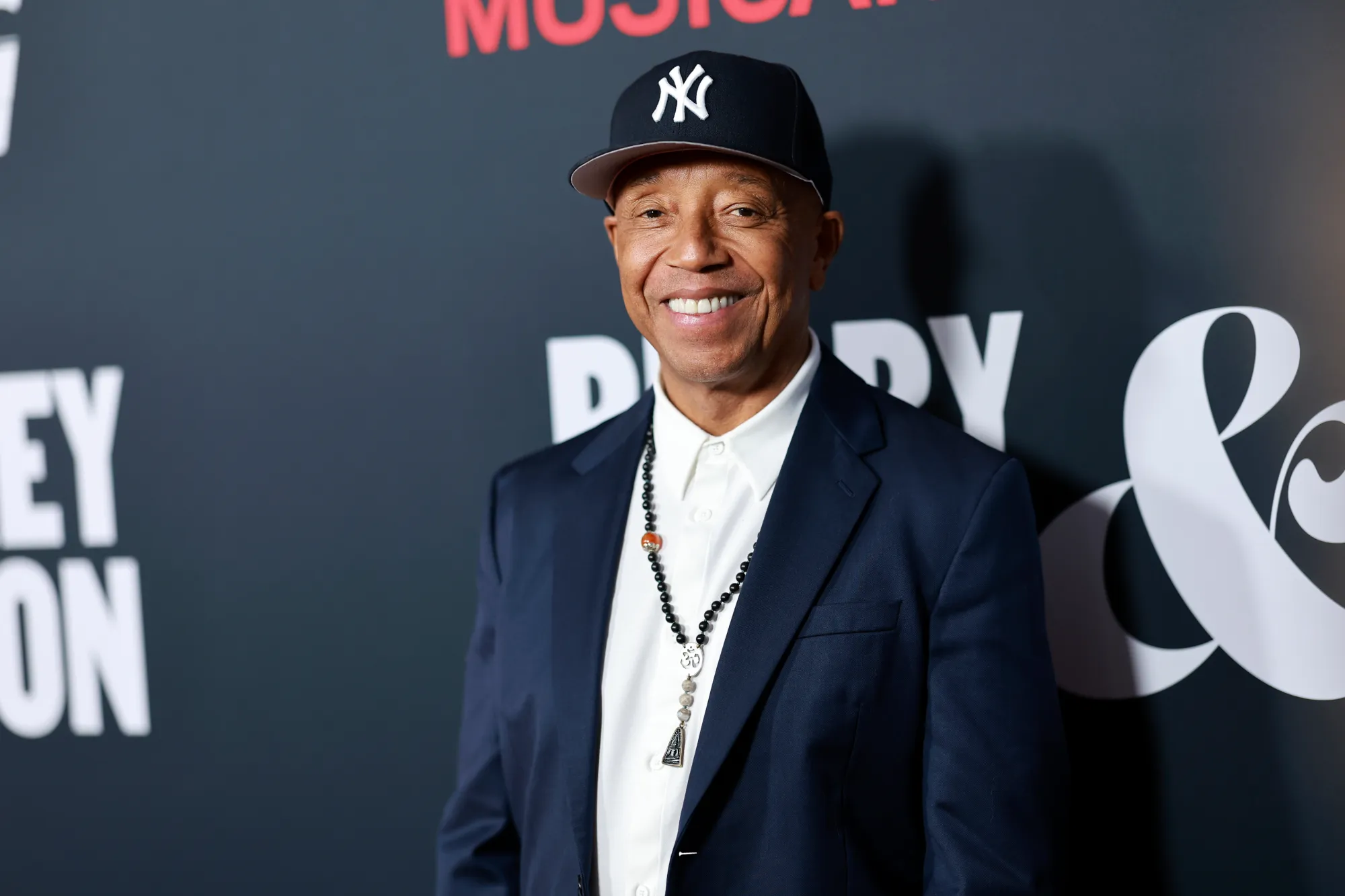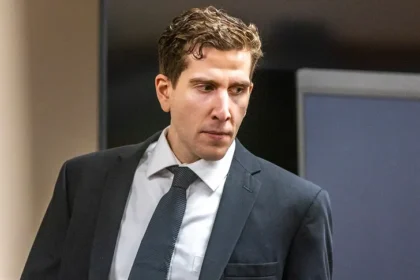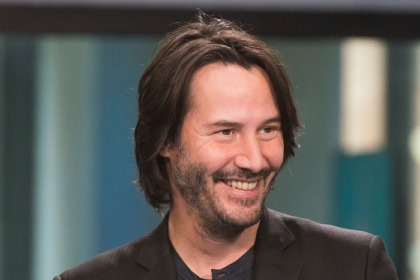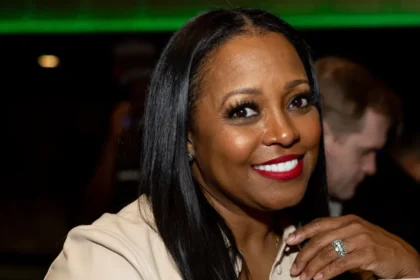Russell Simmons is taking legal action against HBO Max and the creators of the 2020 documentary On the Record, accusing them of defamation, invasion of privacy, and emotional distress. In a newly filed $20 million lawsuit, the music mogul claims the film falsely portrays him as guilty of sexual misconduct while ignoring critical exculpatory evidence.
Simmons Says Documentary Misrepresented the Truth
The lawsuit argues that On the Record misrepresented key facts and omitted testimony from over 20 individuals who contradicted or denied the allegations made against him. Simmons also claims the documentary disregarded nine polygraph tests he passed, which he says were conducted professionally and would have supported his defense.
“Despite voluminous support… the defendants simply disregarded it,” his legal team, Imran H. Ansari and Carla DiMare, told TMZ.
“They released, and continue to re-release globally, a film that tremendously disparaged and damaged Mr. Simmons.”
WarnerMedia and Oprah Mentioned
Simmons alleges that top executives at WarnerMedia, including CEO John Stankey, were aware of the counter-evidence and ignored calls from prominent civil rights and political leaders to reconsider airing the film. However, those figures are not named in the lawsuit.
Oprah Winfrey is mentioned in the filing. Simmons notes that she was initially attached to the project as an executive producer but later withdrew, citing concerns about the credibility of the accusations.
Simmons Denies All Allegations
Russell Simmons, who relocated to Bali in 2018 amid the growing controversy, has consistently denied all allegations of sexual misconduct. He has since sold his U.S. properties and maintained a low profile.
The lawsuit marks a significant counterattack against the creators of On the Record, which spotlighted several women, including former music executive Drew Dixon, who accused Simmons of sexual assault.
Legal Stakes and Industry Impact
This high-profile lawsuit could reignite conversations around media accountability, documentary ethics, and the balance between public interest and due process. If successful, it may also impact how future films and streaming platforms handle stories involving unproven allegations.
What do you think—should documentaries be held legally accountable for one-sided storytelling? Join the conversation below.














